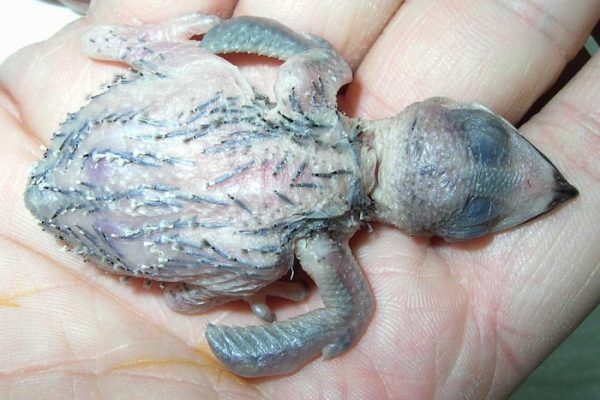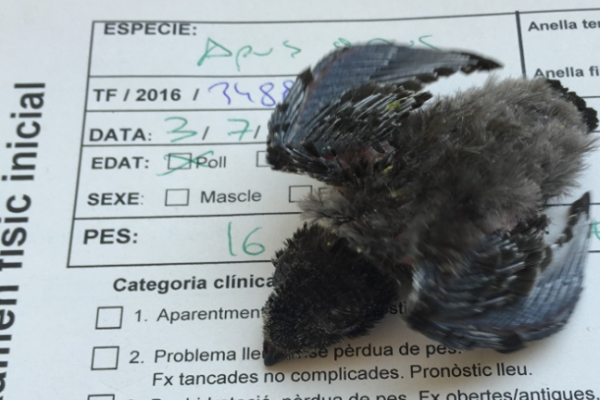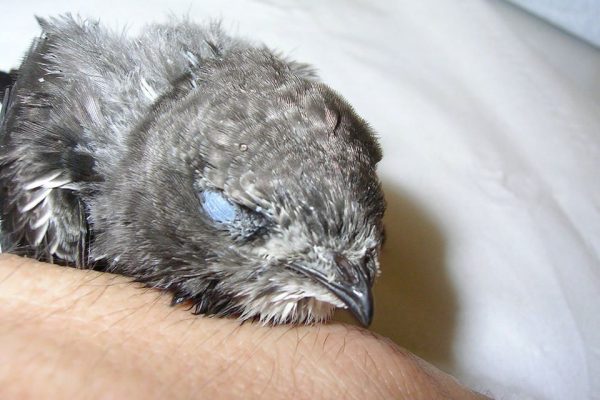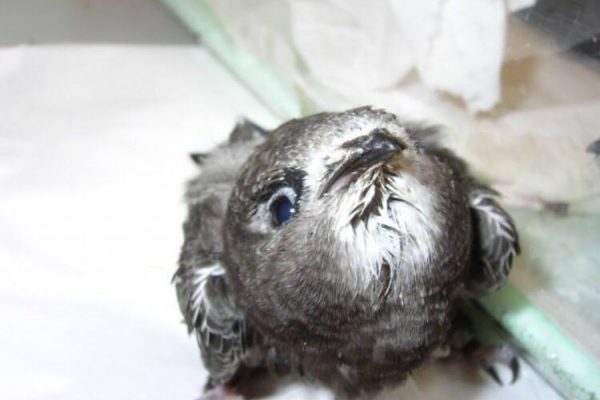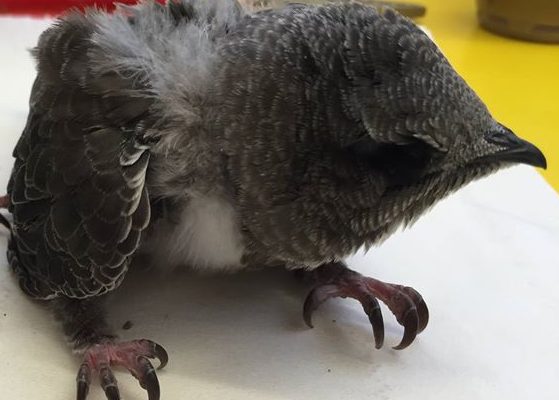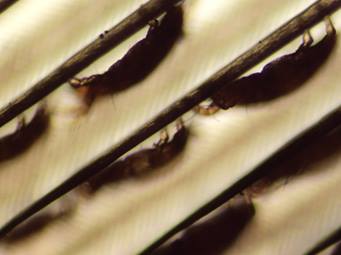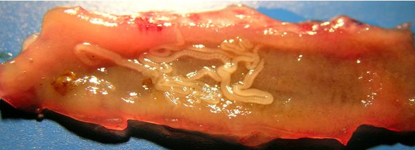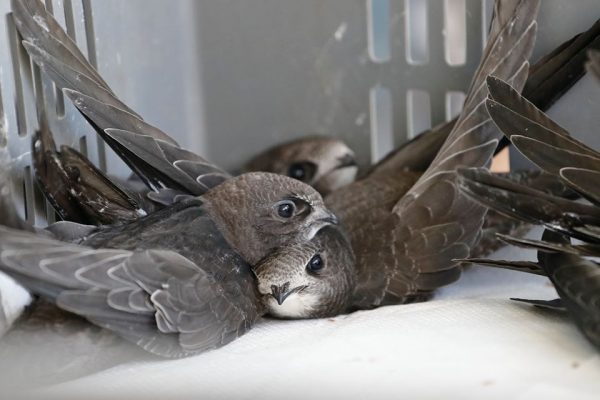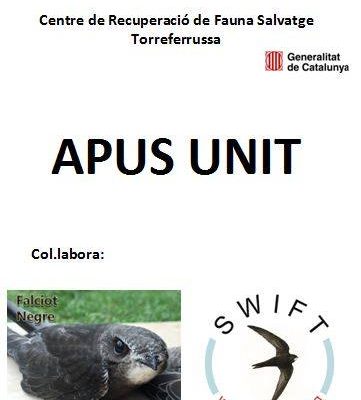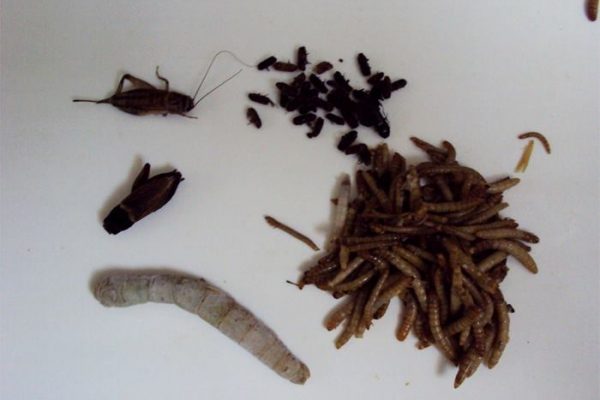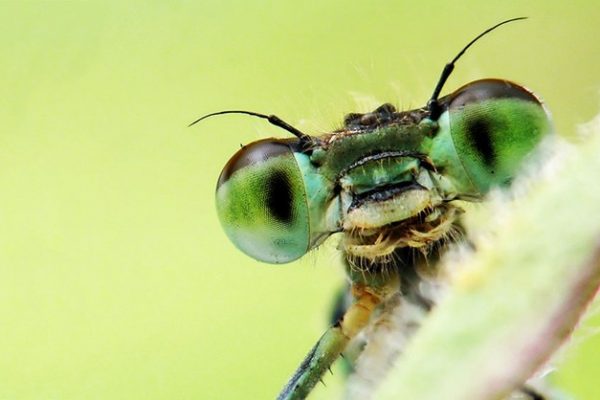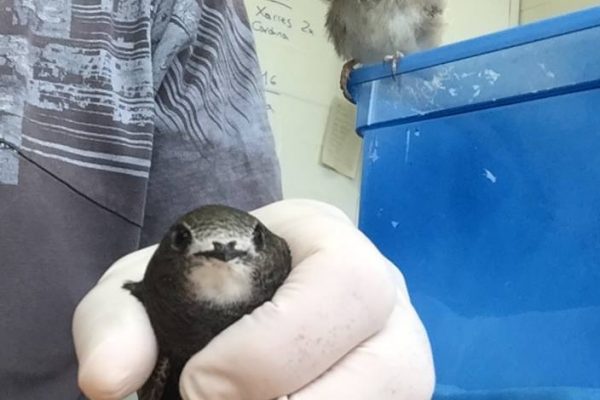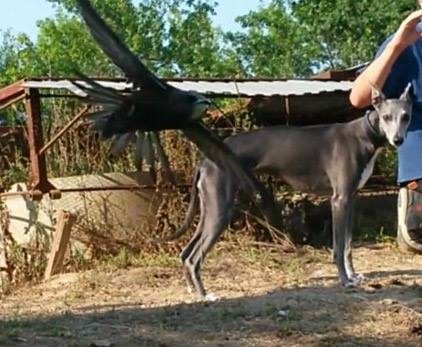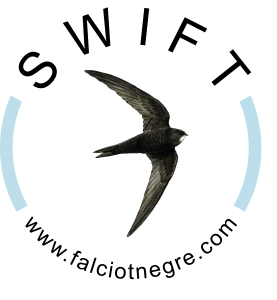-
Grounded Swift
Posted on January 30, 2020Wildlife casualties are usually found by public. Their welfare depends on general awareness of the correct action to be taken when we find a wild animal in need of assistance. The correct action and where to seek further information and assistance is essential.
-
Clinical examination
Posted on January 29, 2020Before starting the clinical examination it is important to obtain as much information as possible from the donor. This information may help to identify the casualty cause and help on the prognosis.
It was found in a dirty water puddle – that’s why it is covered by oil;
it was found in a cat’s mouth – so external wounds are observed;
it was found in a chimney or kitchen estractor? – So the dust covering the bird is soot or oil;
it was found near a window? –possibly the bird hit the window and that’s why the bird was stunned. -
Fluid theraphy SQ
Posted on January 28, 2020Many wildlife casualties, especially orphans, will be showing some degree of dehydration. This is just because they will not have eaten or drunk for a period of time and may have been lying unprotected from hot summer weather. In fact any wild bird taken into care can be assumed to be 5% dehydrated. Unless the dehydration is very pronounced, 10–15%, the condition may not be life threatening. However, the added stress of being brought into captivity and handled may well push the casualty to its limits.
-
Fluid Therapy VO
Posted on January 27, 2020Many orphans will be showing some level of dehydration, which can sometimes be extreme, possibly caused because they may have been lying unprotected from hot summer weather, not having eating for a long period. Whatever the degree of dehydration, fluid administration is crucial and must be done immediately, even before a complete clinical examination
-
Acute cases
Posted on January 26, 2020After a long period of starvation, first nutrients provided to the Swift are
the perfect medium for Escherichia coli (pathogenic gram positive bacteria)Ampicillin acts against E. coli and restores a the natural intestine flora balance.
-
Ectoparasites
Posted on January 25, 2020Ectoparasites can impact on body condition, fitness, flying ability or even long-term survival of the hosts.
The parasitic load of birds tends to increase along the breeding season and may affect egg production and chick mortality. -
Endoparasites
Posted on January 24, 2020All birds have a parasite burden and deal with it, however weak or sick swifts should be released of that effort thus deparasitation is recommended
-
-
Apus Unit
Posted on January 20, 2020 -
Insectivore Diet
Posted on January 20, 2020Lorem ipsum dolor sit amet, consectetur adipiscing elit. Nulla convallis egestas rhoncus. Donec facilisis fermentum sem, ac viverra ante luctus vel. Donec vel mauris quam. Lorem ipsum dolor sit amet, consectetur adipiscing elit. Nulla convallis egestas rhoncus. Donec facilisis fermentum sem, ac viverra ante luctus vel. Donec vel mauris quam.
-
Diet enrichment
Posted on January 19, 2020Wait a few seconds for the videos to load Giant mealworm (Zophobas morio) Giant mealworm are great to enrich a diverse insect diet. A great advantage on our diet management is that Giant mealworms can be frozen like the crickets (unlike the mealworms). This may help to keep a safe reserve during the breeding season. […]
-
Feeding
Posted on January 18, 2020Wait a few seconds for the videos to load FEEDING Young chicks, still eyes closed, may need some extra help. They will respond gaping excitedly, so extra care is necessary. -Be absolutely careful, beak is really fragile -Hold the bird gently but securely if necessary. -With the head restrained open carefully the beak with the […]
-
Release
Posted on January 15, 2020Wait a few seconds for the videos to load SWIFT RELEASE – PLEASE DO NOT …. Never throw a swift high into the air! Never release a Swift from elevated locations! We are witnessing with concern lots of releases from high buildings….please think about the risks – on nature many fail and that is one […]

